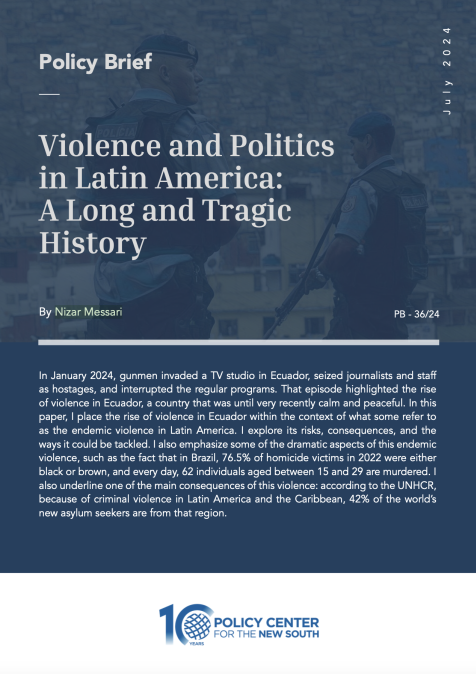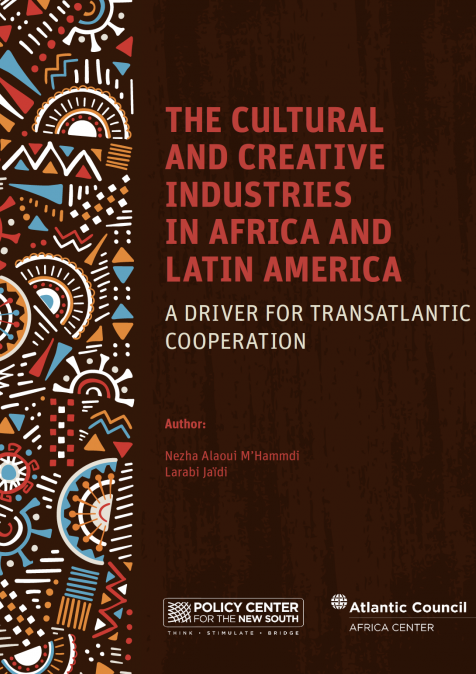( FR ) Plenary X: Tiempos de Cambio en América Latina: Nuevos Vientos en Busca de Una Voz del Sur
December 14, 2019
Modera Lourival Sant’Anna, Periodista de Asuntes Exteriores, O Estado de Sao Paulo y CBN Radio Ponentes Jamil Mahuad, Expresidente, República del Ecuador Federico Ramón Puerta, Expresidente; Embajador de la República Argentina en España
Speakers











